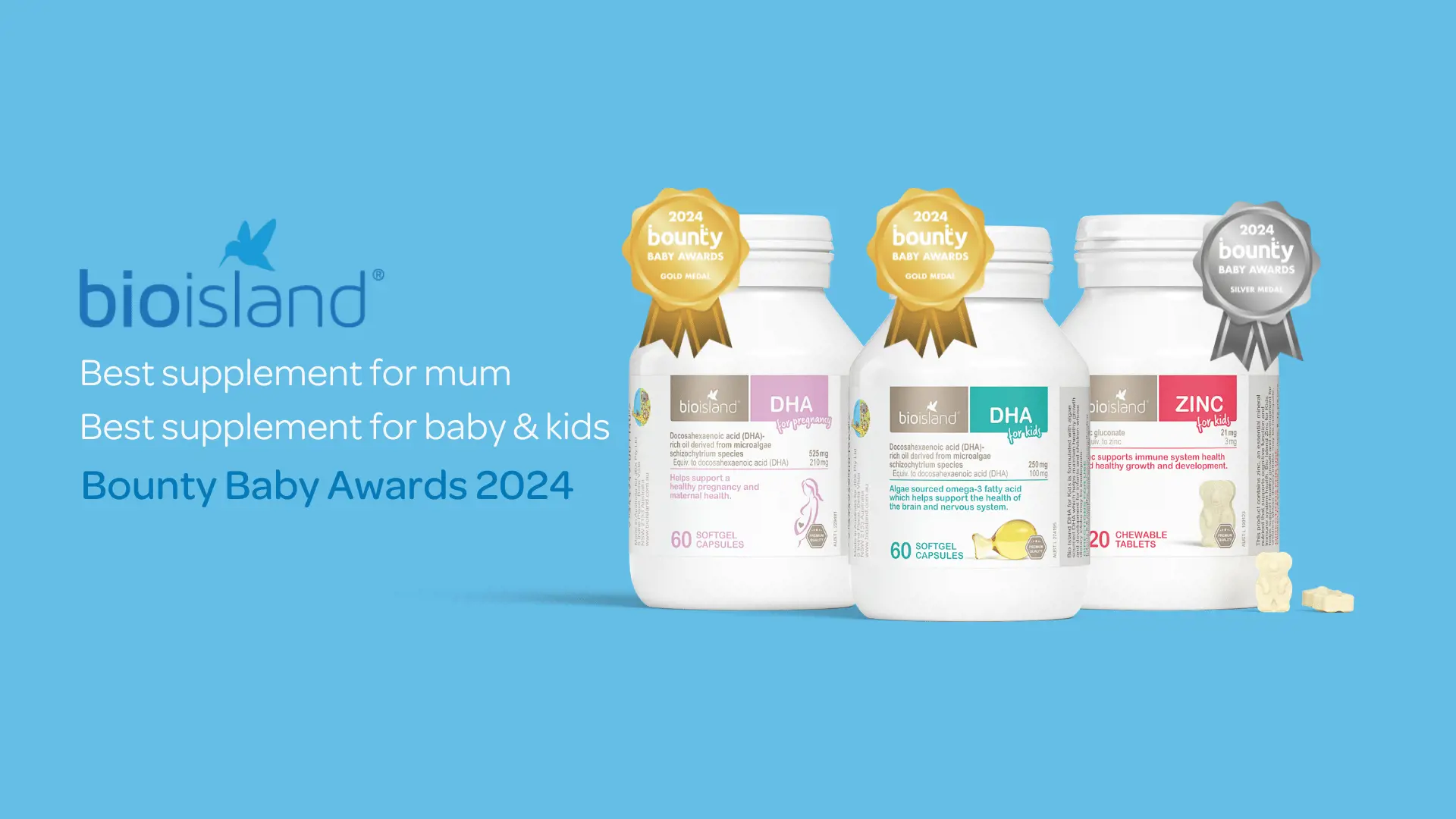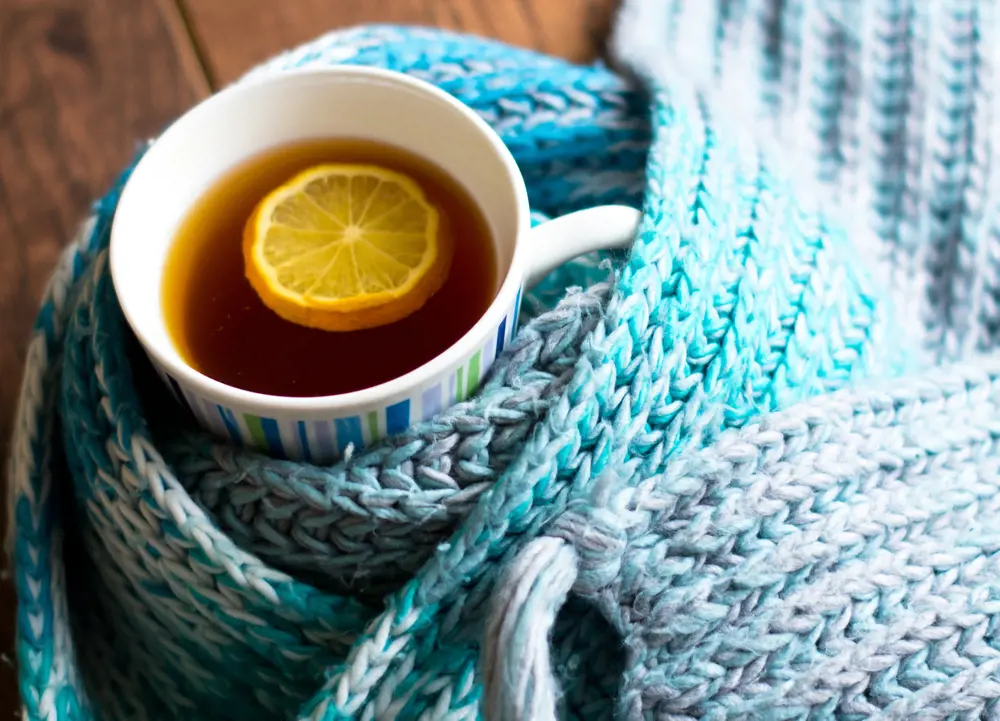
Keeping up with the Kidneys
Not only does the kidneys have a role in the removal of waste and toxic substances, they also play a crucial role in many other functions.
Health Support
By Bio Island Nutrition Team
We’ve all heard of our kidneys and how important they are, but do we really know their functions and how to look after them?
The kidneys are two kidney bean shaped organs that sit on either side of the spine at the lowest level of the rib cage. Their main job is to clean the blood of toxins and transform certain body waste into urine.
The production of urine involves highly complex steps of excretion and reabsorption. This process is necessary to maintain a stable balance of the body chemicals. When this process falters harmful toxins and excess fluid build-up in the body can occur, which may cause the symptoms of kidney failure. Some symptoms include high blood pressure, extreme tiredness or lethargy, persistent headaches, swelling in the face and ankles, fluid retention and or lower back pain.
Not only does the kidneys have a role in the removal of waste and toxic substances. But they also play a crucial role in many other functions such as;
- The release of the hormone renin that regulate blood pressure.
- The balance of fluids in the body, and how potassium and sodium play a role in this.
- Removal of drugs from the body.
- Produce an active form of vitamin D that helps maintain strong and healthy bones.
- Control the production of red blood cells by secreting a hormone called erythropoietin.
So how do we look after the kidneys, so they are working at their best ability?
- Avoid high consumptions of salt- consuming too much salt can disrupt the balance of minerals in the blood, which makes it harder for the kidneys to function properly. Making healthy food swaps of your favourite salty foods is the key to this one.
- Exercise – the main symptom for kidney disease is high blood pressure. By regularly exercising even for just 20 minutes a day can help reduce blood pressure.
- Drink lots of water – water helps the kidney work at their best by helping flush out the toxins with more ease. We should aim for around 1.5-2 litres of water per day.
- Limiting the use of nonsteroidal anti-inflammatory drugs – long term use of these can cause kidney damage over time.
- Quit smoking – smoking increases your blood pressure and causes damage to the small vessels of the kidney. If you need assistance with quitting you can call the Quitline on 137 848.
- Keep glucose levels within normal range – over time, high blood glucose levels can damage the small vessels in the kidney. Blood glucose levels can be lowered by regular exercise, increasing fibre intake, portion control, and controlling carb intake.
This information does not take into account your personal situation and is general in nature. You should consider whether the information is appropriate for your needs and seek professional medical advice.
Always consult your healthcare professional before taking any supplements or if any concerns arise.





